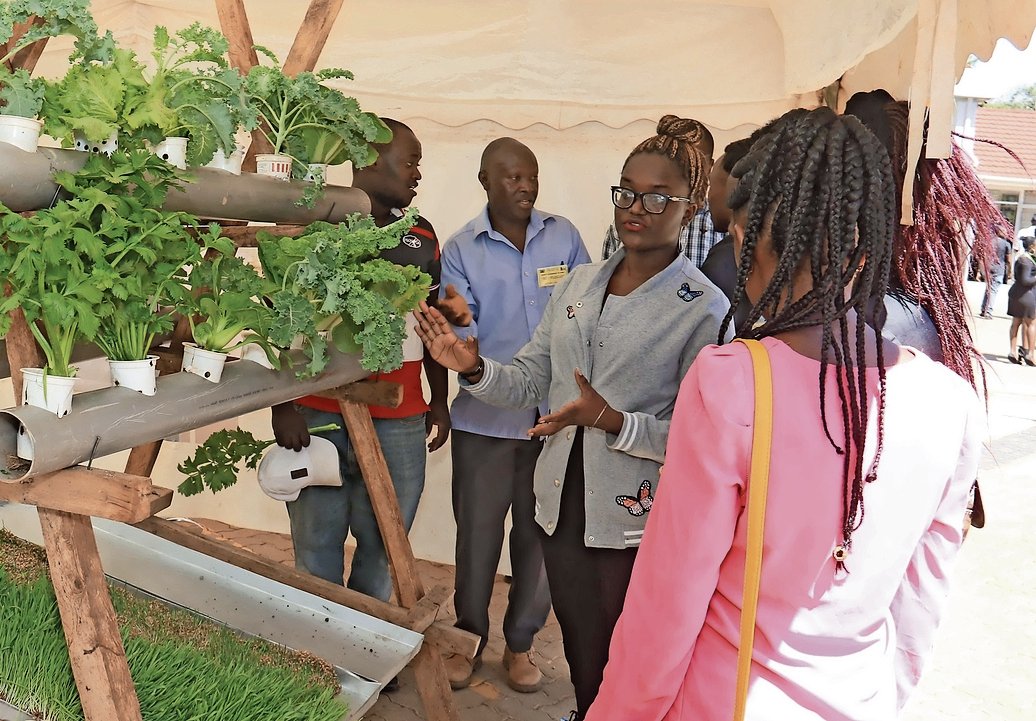The theme of this year’s International Youth Day — Transforming Food Systems: Youth Innovation for Human and Planetary Health — highlights a significant matter on improving food systems with the participation of youth.
In Sub-Saharan Africa, it is more critical given the reliance of the region’s economies on agriculture. The sector accounts for over 60 percent of the region’s employment, 80 percent of them being in small scale farming across the continent, according to the African Development Bank (AfDB).
Therefore, a significant progress in reducing hunger and poverty across the region is largely dependent on the development and transformation of agriculture.
With growing populations and the accompanying pressure on agricultural lands, innovation and creativity cannot be avoided. This is where the youth come in.
But how do we sell to them the idea that agriculture can be ‘cool’ and profitable; that it’s not just about getting their hands soiled; that there are many approaches to earning meaningful income from it; and that it should be a wealth creation sector and not a fall-back enterprise as largely perceived?
The AfDB for example is implementing an initiative known as the Enable Youth Programme which is aimed at creating young, progressive agricultural entrepreneurs or agripreneurs.
In Kenya, the programme is being executed by the Ministry of Agriculture with co-funding by the AfDB. It feeds into the Kenya Youth Agribusiness Strategy 2018-2022 whose aim is to place the youth at the forefront of agricultural growth and transformation.
More specifically, the Enable Youth Programme is designed to empower youth at each stage of the agribusiness value chain as “agripreneurs” by harnessing new skills, technologies and financing so that the youth can establish profitable agribusinesses.
Since inception in 2016, the Bank has approved Enable Youth projects in 15 countries across Africa, amounting to $538 million.
Direct beneficiaries from these projects are estimated at 28,000 with a projection of approximately 88,000 jobs created. The youth are supported through training, mentoring, seed capital and pairing with investors to grow their SMEs and start-ups.
In a country like Kenya, where youth unemployment is at 39 percent, higher than the national rate of about 10 percent, such an initiative, with the promise it holds, should be embraced widely.With more advanced technical expertise being critical to improving agriculture, imagine the benefit of a scenario where agricultural technical and vocational education and training (ATVET) institutions embrace in their teaching. The impact would be formidable.Let’s go even deeper into considering ATVET curriculum […]
